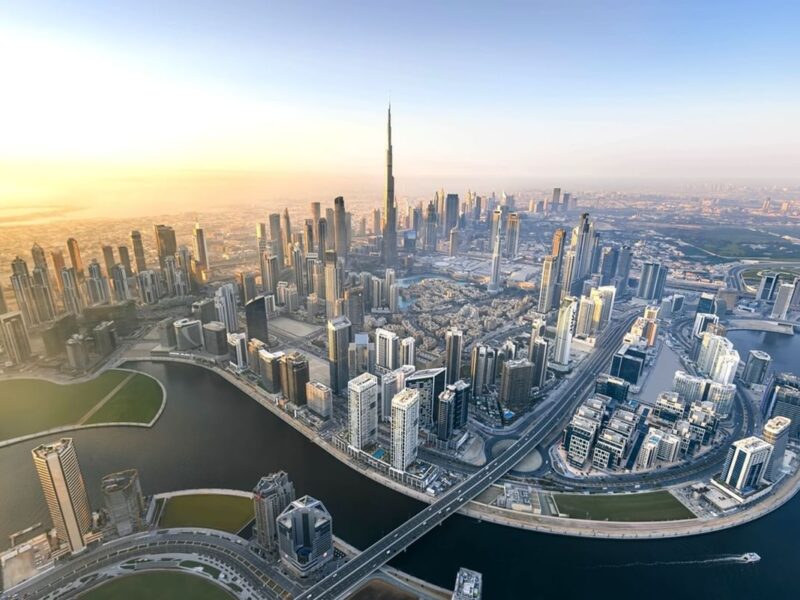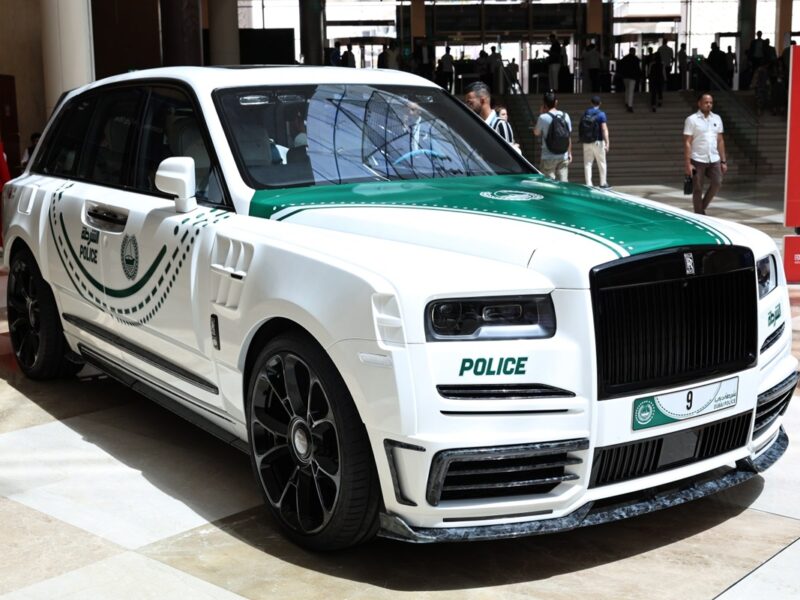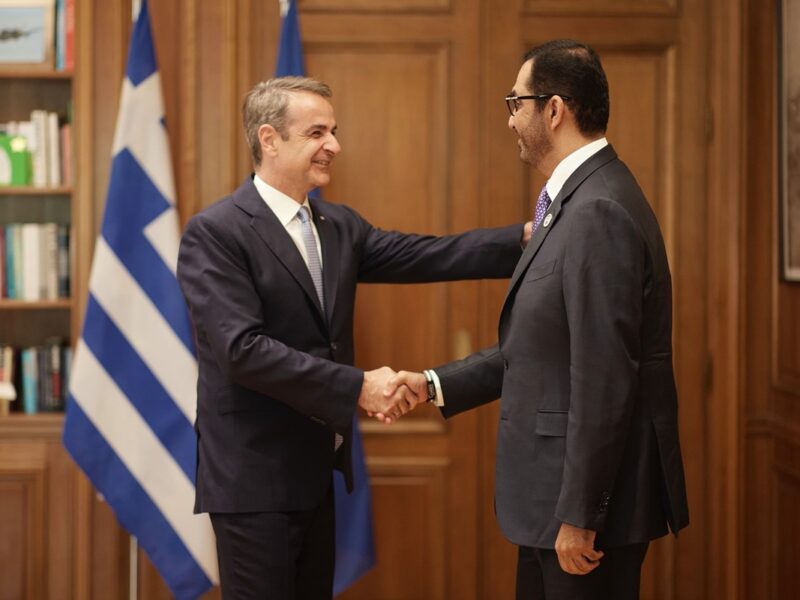Dubai will have up to 8.5 percent of its energy mix coming from clean energy sources by 2020, according to Saeed Al Tayer, the managing director and chief executive of Dubai Electricity and Water Authority (DEWA).
The emirate had set a target two years ago to generate seven percent of its energy from clean sources and 25 percent by 2030. In 2018 this was further expanded to reach 75 percent by 2050.
Speaking at this week’s WETEX (Water, Energy, Technology, and Environment Exhibition) event in Dubai, Al Tayer told Arabian Business: “It’s going actually above the curve with respect to Dubai Government. We think that 2020, according to our strategy, we should achieve 7 percent. However, we will exceed this by one or one-and-a-half percent more.”
Al Tayer revealed that programmes such as the Shams Initiative, which encourages building owners to install solar photovoltaic panels to produce clean energy and connect to the grid – currently 1,355 buildings are connected to the grid. In addition, the Mohammed Bin Rashid Solar Park, the largest single-site solar park in the world, with a planned total production capacity of 5,000 megawatts (MW) by 2030, is going a long way to helping the authority reach the ambitious target.
He said: “I think we’ll be earlier [in reaching the targets], based on the projects we are seeing. We are seeing another initiative, Shams Dubai, so far there is more than 130MW, by the end of the year we may reach 180 (MW) or 190 (MW). This is nearly 200MW. We have the addition of Mohamed bin Rashid Solar Park. You will have over 1,000MW. If we achieve that then it means we’ve already exceeded the seven percent.
“We are ahead of the curve.”
A previous target set to reduce CO2 emissions in Dubai by seven percent by 2021 has already been met earlier this year as the emirate looks to become the city with the lowest carbon footprint in the world by 2050.
“This is not only because of the solar but because of other initiatives, where we were able to reduce more power without burning additional fuel and without purchasing new equipment or new units,” said Al Tayer.






